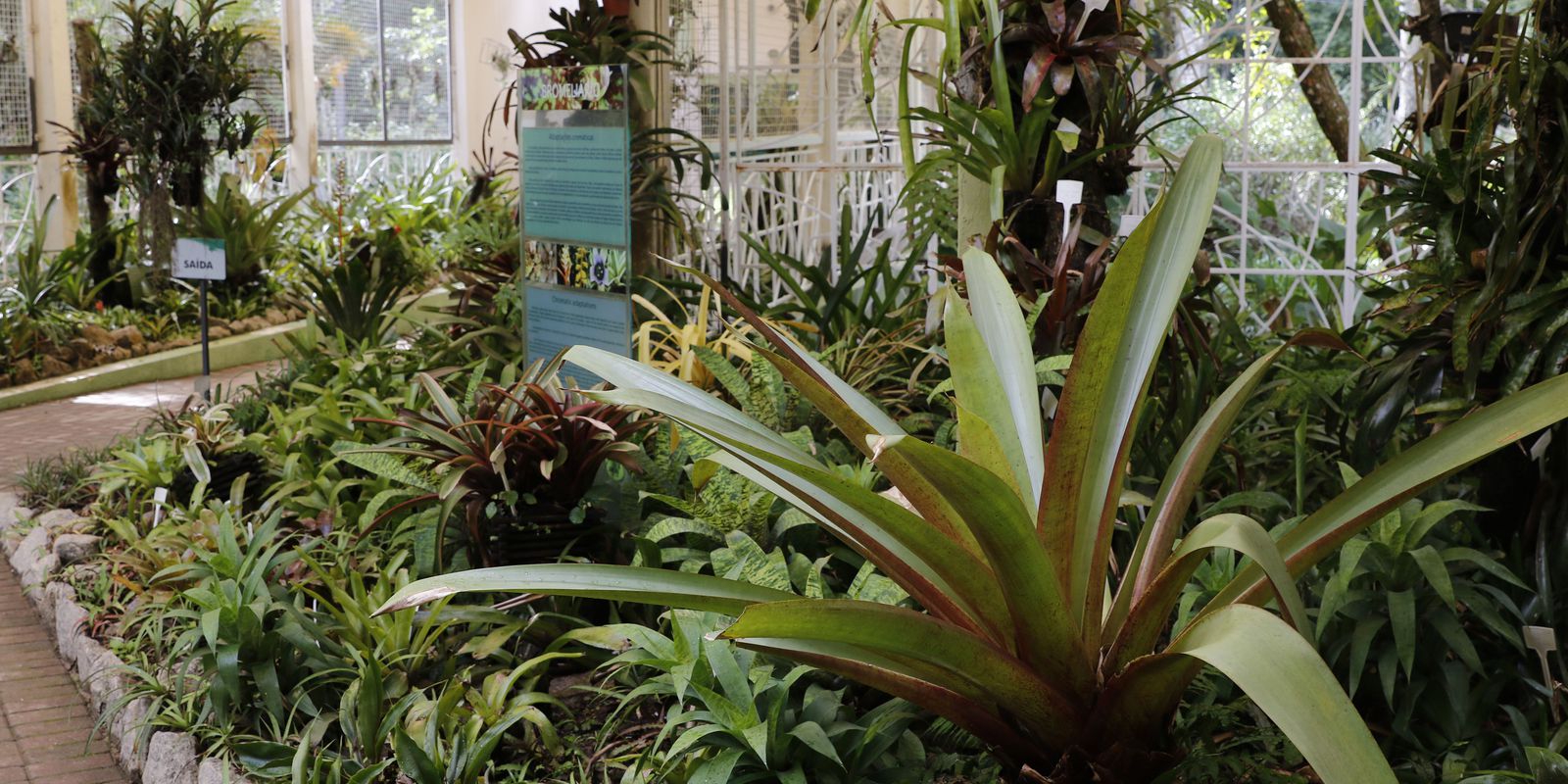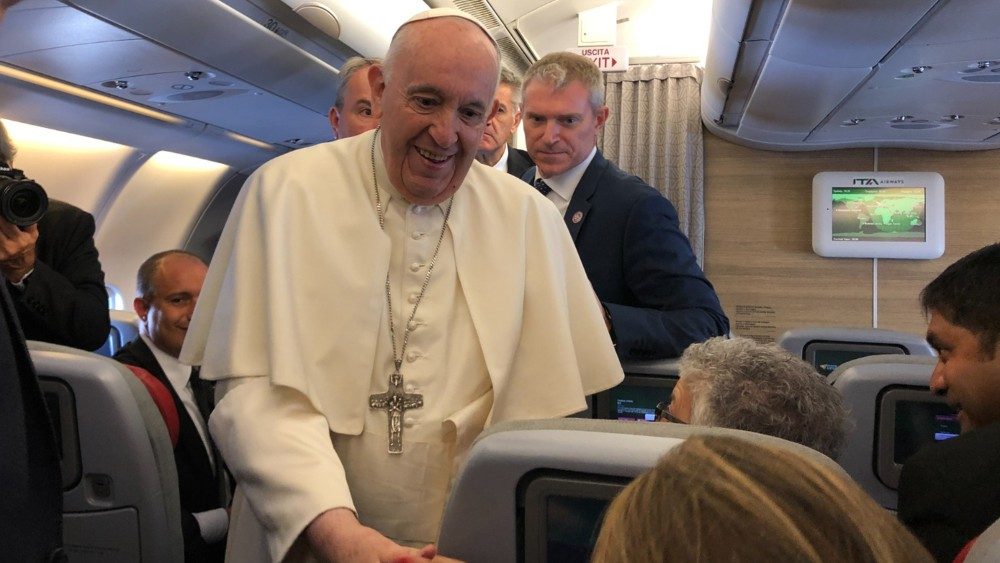The postgraduate course Lato sensu multi-institutional program in Medicinal Plants and Phytotherapy is open for registration until the 29th of this month. The specialization is the result of a partnership between the National School of Tropical Botany of the Botanical Garden of Rio de Janeiro (ENBT/JBRJ), the Faculty of Pharmacy of the Federal University of Rio de Janeiro (UFRJ) and the Brazilian Association of Phytotherapy.
There are 40 vacancies for agronomists, biologists, dentists, nurses, forestry engineers, pharmacists, physiotherapists, doctors, nutritionists, veterinarians and professionals in related areas. The objective of the course is to train specialized professionals to work in the cultivation and management of medicinal plants, clinical phytotherapy, manipulation and quality control of herbal formulations, within the scope of each professional class.
Structured in four modules, the course has classes common to all graduate students and specific classes, according to the student’s original training. The internship module is divided into three axes (ambulatory practice in phytotherapy, practice in pharmacotechnics applied to phytotherapy and cultivation and processing of medicinal plants) and must be taken according to the professional’s graduation.
The specialization begins in September and lasts 15 months, with a total workload of 460 hours. Classes will be held at the UFRJ Health Sciences Center and at the Botanical Garden, on Fridays, Saturdays and Sundays, once a month.
Applications can be made online through the site of the course. The required documentation must be sent to the email [email protected]. Candidates with an undergraduate degree or who can prove that they can complete higher education by November 30, 2023 can apply, provided that the training is part of the target audience of the specialization.
The selection process consists of evaluating the candidate’s curriculum, to analyze the relevance of his training and professional experience in the area. Eventually, there will be an interview to ascertain the candidate’s motivation to undertake the postgraduate course.
For more information, access to the call for proposals and registration, go to course page.
National Policy on Medicinal Plants and Phytotherapeutics
In 2006, the National Policy on Medicinal Plants and Phytotherapics (PNPMF) was created through the Decree No. 5,813with the general objective of “ensuring the Brazilian population the safe access and rational use of medicinal and phytotherapic plants, promoting the sustainable use of biodiversity, the development of the production chain and the national industry”.
Two years later, in 2008, the National Program of Medicinal Plants and Phytotherapics was created by the Interministerial Ordinance No. 2.960/2008detailing the public policy guidelines.
The PNPMF proposes to insert medicinal plants, phytotherapics and phytotherapy services in the Unified Health System (SUS), with safety, efficacy and quality. The specialization aims to make up for the absence of curricular subjects specifically aimed at university education to work in these areas, which, according to the graduate program, limits the inclusion of these activities in the SUS.
*Intern under the supervision of Mario Toledo









